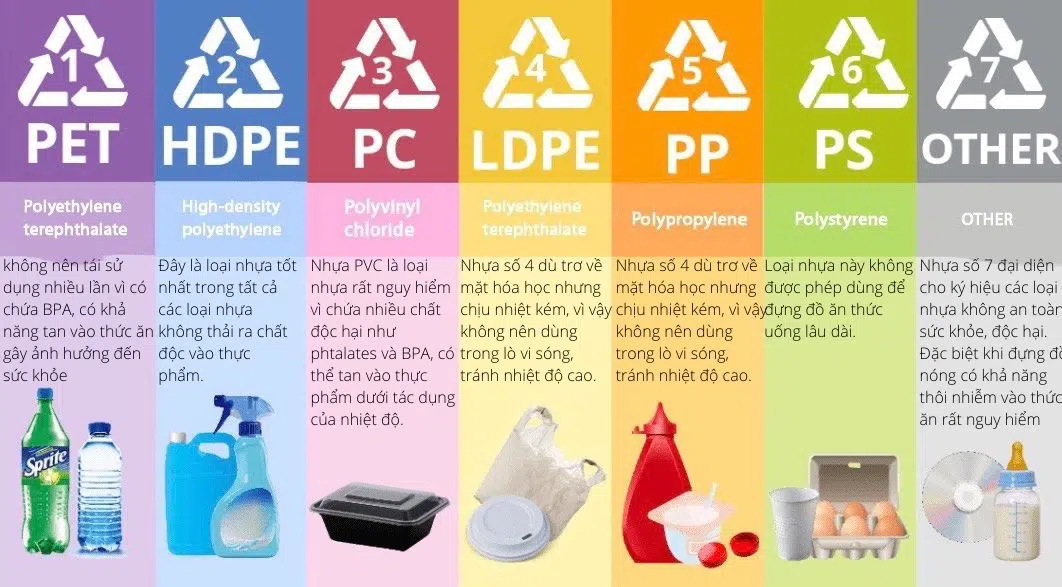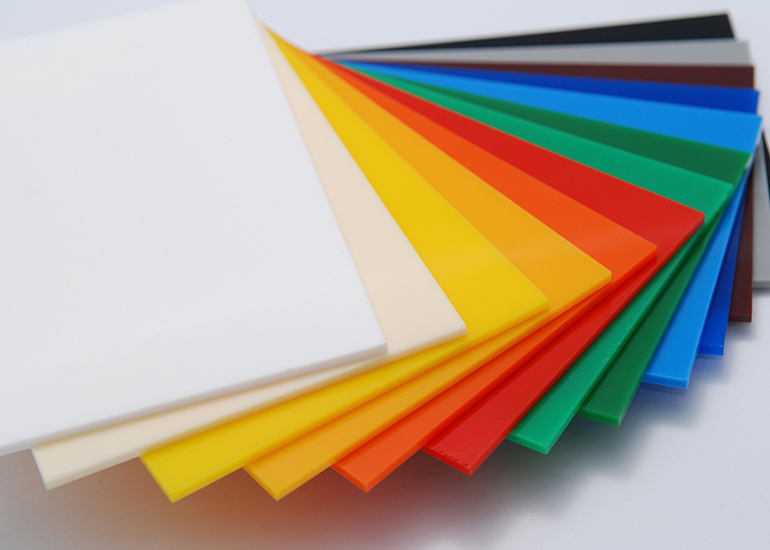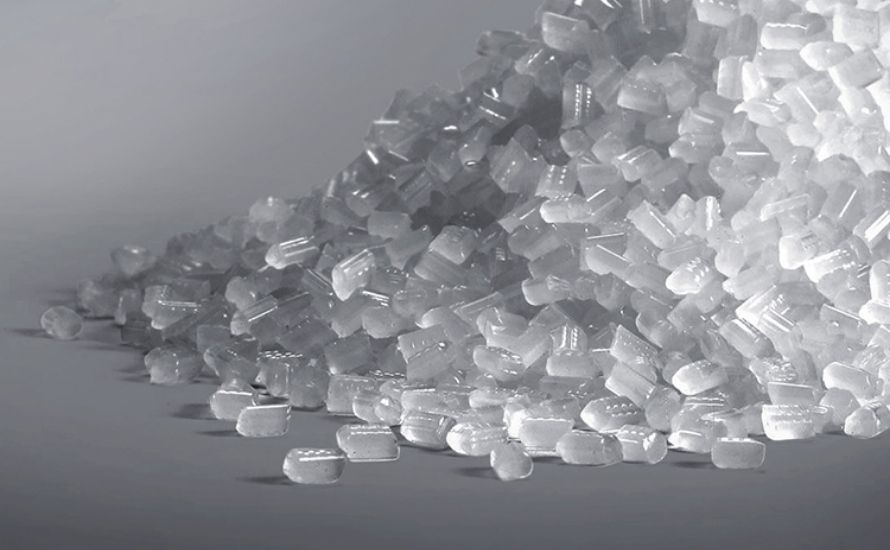Plastic pellets are plastic granules with great applications in production and life. In the following article, TAELIM will introduce an overview of this type of granule and the detailed production process for you to understand.
Overview of plastic pellets
Plastic pellets are the basic raw material for all plastic products, but they are often processed and transformed through many different processes to suit the diverse needs of people.
Virgin plastic pellets are derived from petroleum and are initially usually white. When applied, they are mixed with colorants to create products with rich colors such as blue, red, purple, yellow, etc. Depending on the product, the manufacturer will choose the appropriate type of plastic pellets to ensure the corresponding product quality.
Polyethylene terephthalate (PET) is one of the most common virgin plastics used in beverage bottles and food packaging. High-Density Polyethylene (HDPE) is commonly used in milk jugs, smoothie containers, and other containers. The food wraps we commonly use are made from vinyl or polyvinyl chloride (PVC), while plastic bags and nets are made from Low-Density Polyethylene (LDPE).
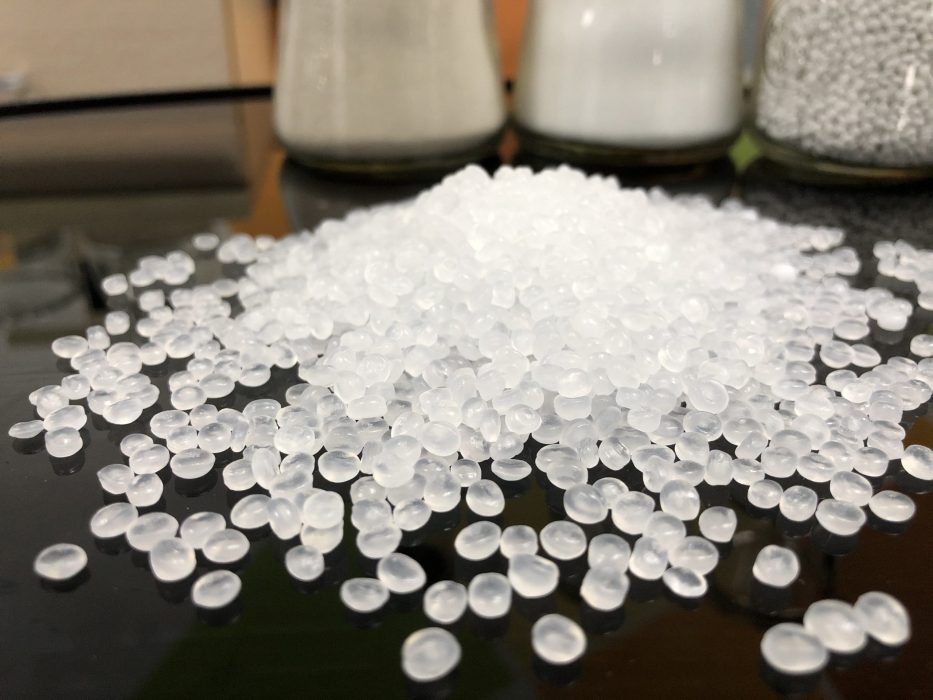
>>> See more: Summary of Popular Types of House Construction for You to Easily Choose
Virgin plastic granule production process
The production process of plastic pellets is quite complex, including many important stages to create the highest quality product. The use of modern and continuous technological lines is the key factor to ensure good performance and high precision throughout the production process. Below is a detailed description of the three main stages of this process:
Stage 1: Cracking Hydrocarbons
The initial stage of the virgin resin production process is heating the hydrocarbons through cracking. During this process, large compounds such as propylene and ethylene are broken down into smaller molecular weight compounds. Temperature and pressure control play an important role in ensuring the cracking process is efficient and of the highest standard.
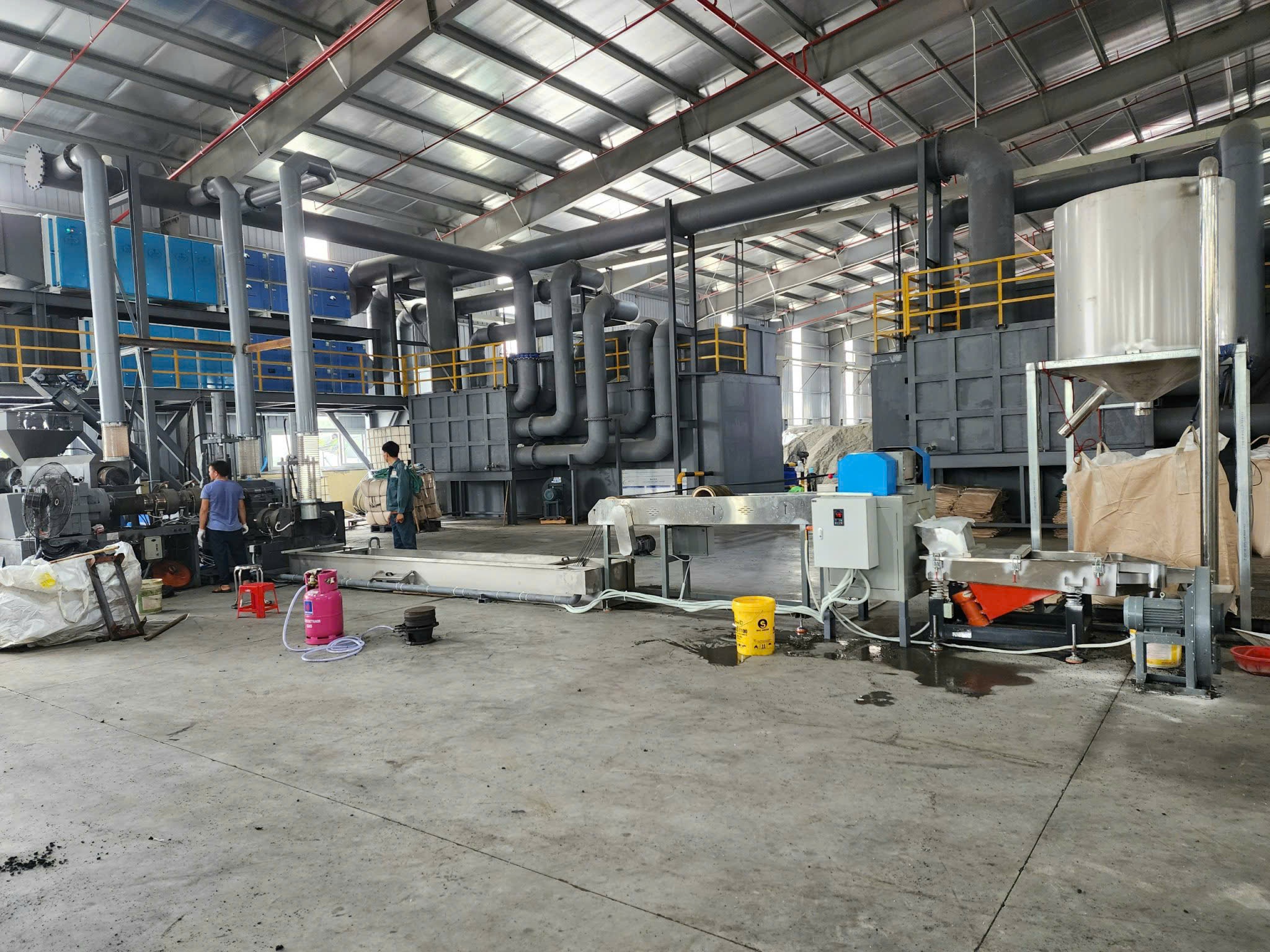
Stage 2: Polymer Polymerization
After the cracking process is complete, the small-volume compounds will undergo polymerization to form polymer resins. This is an important step to convert monomers into polymers. At this stage, additives such as colorants, plasticizers and flame retardants are also added to enhance the properties of the resin, ensuring that they meet the specific requirements of each product.
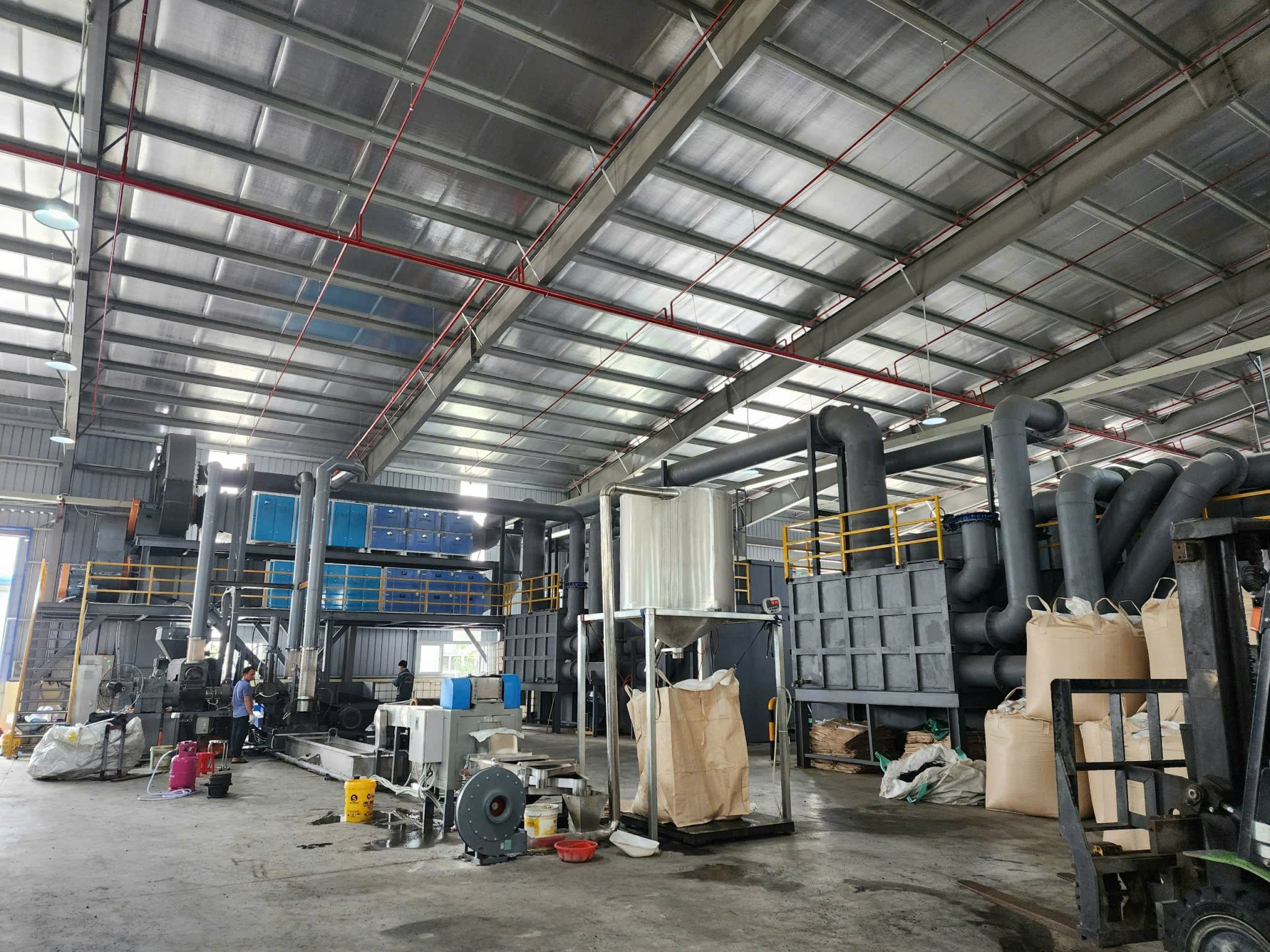
Stage 3: Formation of Styrene and PVC
The final stage involves the combination of compounds such as Styrene and Polyvinyl Chloride (PVC) to complete the production of virgin plastic granules. Requiring high precision and professional processes, this stage ensures the product is of optimal quality and meets the diverse needs of industries such as food, medical and construction.
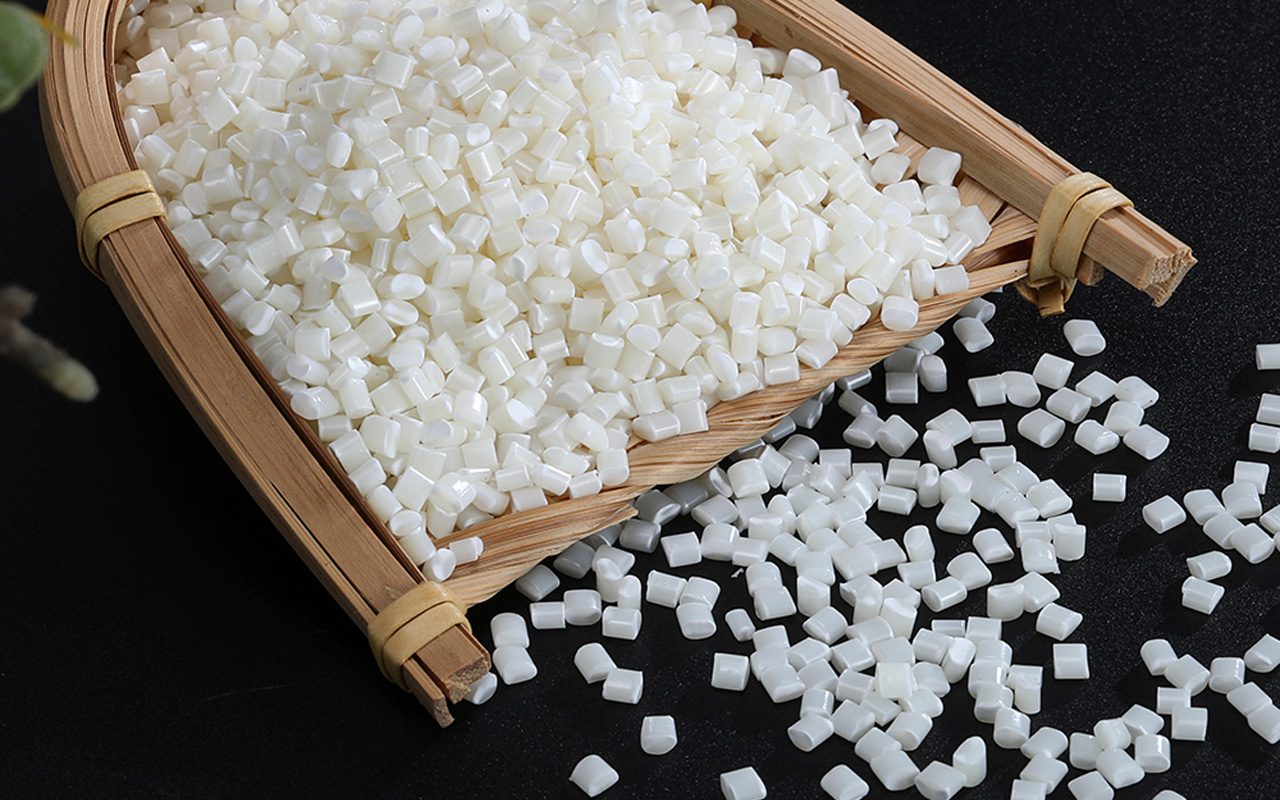
>>> See more: 1001 Great Benefits of Purchasing and Recycling Waste Paper
Are plastic pellets good?
Plastic granules have advantages and disadvantages depending on the intended use and environmental impact. Here are some key points of this component in production and life for you to understand:
Advantages of plastic beads
Nowadays, plastic pellets are widely used in life, bringing many outstanding advantages, specifically as follows:
- Plastic pellets are used in many industries such as packaging, automotive, electronics, construction and can be formed into many different shapes and sizes.
- Manufacturing products from plastic pellets is often low cost, especially when using recycled plastic pellets.
- Many plastics, especially thermoplastics, can be recycled and reused, helping to reduce waste.
- Products made from plastic beads are often light, durable, and have a long life.
- Additives can be added to the resin to create specific properties such as UV resistance, flexibility, or desired color.

Disadvantages of plastic beads
Besides the above advantages, plastic pellets still have some limitations and negative impacts on the environment, specifically as follows:
- If not properly disposed of, non-biodegradable plastic particles can cause pollution, especially when they leak into the environment or the sea.
- Some plastic resins contain additives that may be harmful to health or the environment during production and use.
- The production of plastic pellets, especially virgin plastic pellets, consumes a lot of energy and non-renewable raw materials such as crude oil.
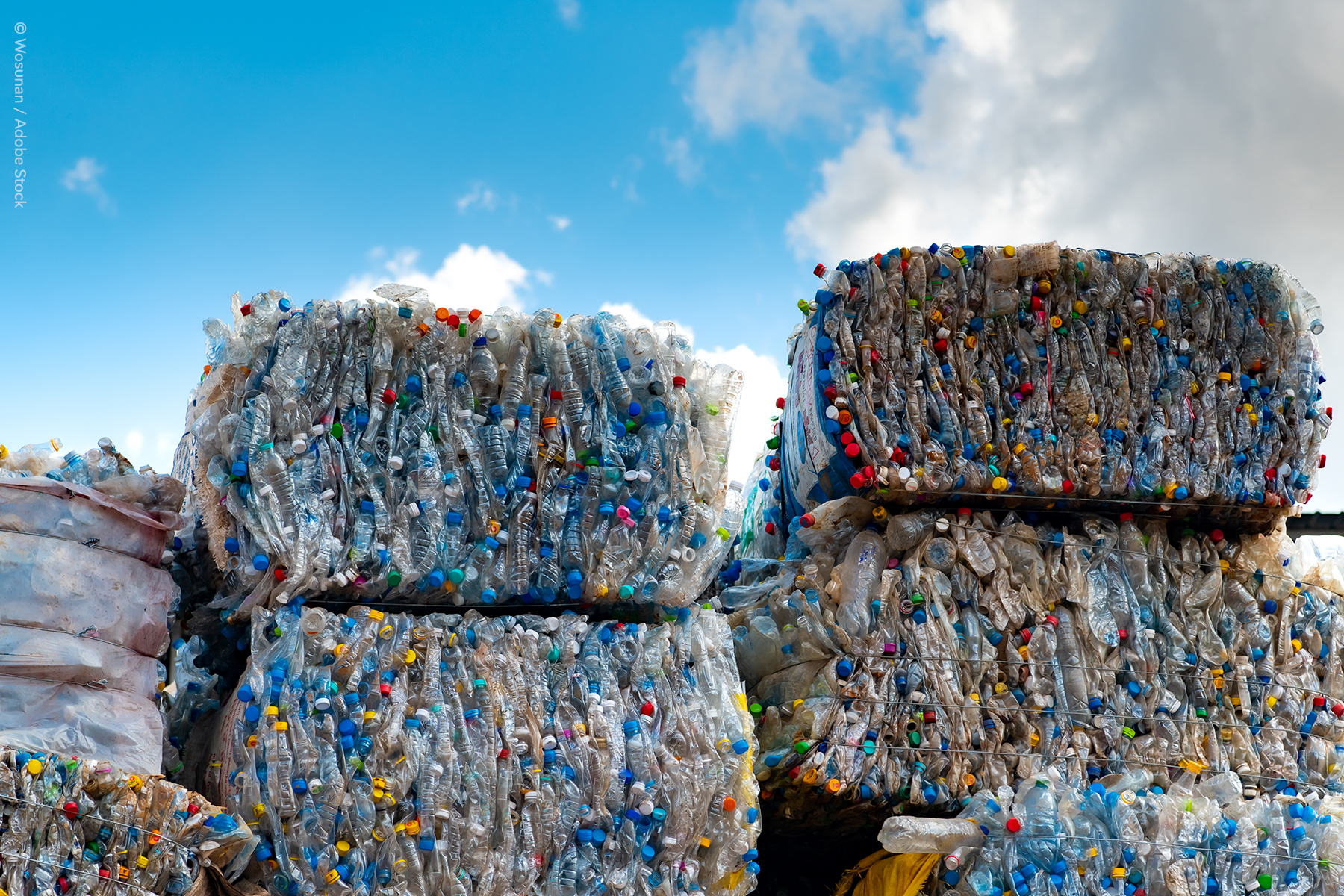
>>> See more: Plastic Pellets – Virgin Plastic Granules With High Applicability
Quality plastic pellets factory
TAELIM International Transport Co., Ltd. is one of the Vietnamese plastic companies with many years of experience, with a long history of development, specializing in the production, trading, import and export of recycled plastic pellets. This is a unit specializing in the production and supply of quality plastic pellets such as LDPE, LLDPE, PP, HDPE, and recycled plastic pellets such as ABS, PET, recycled HDPE. Taelim's products are widely used in many industries, including the production of household appliances, construction, garment, and packaging.
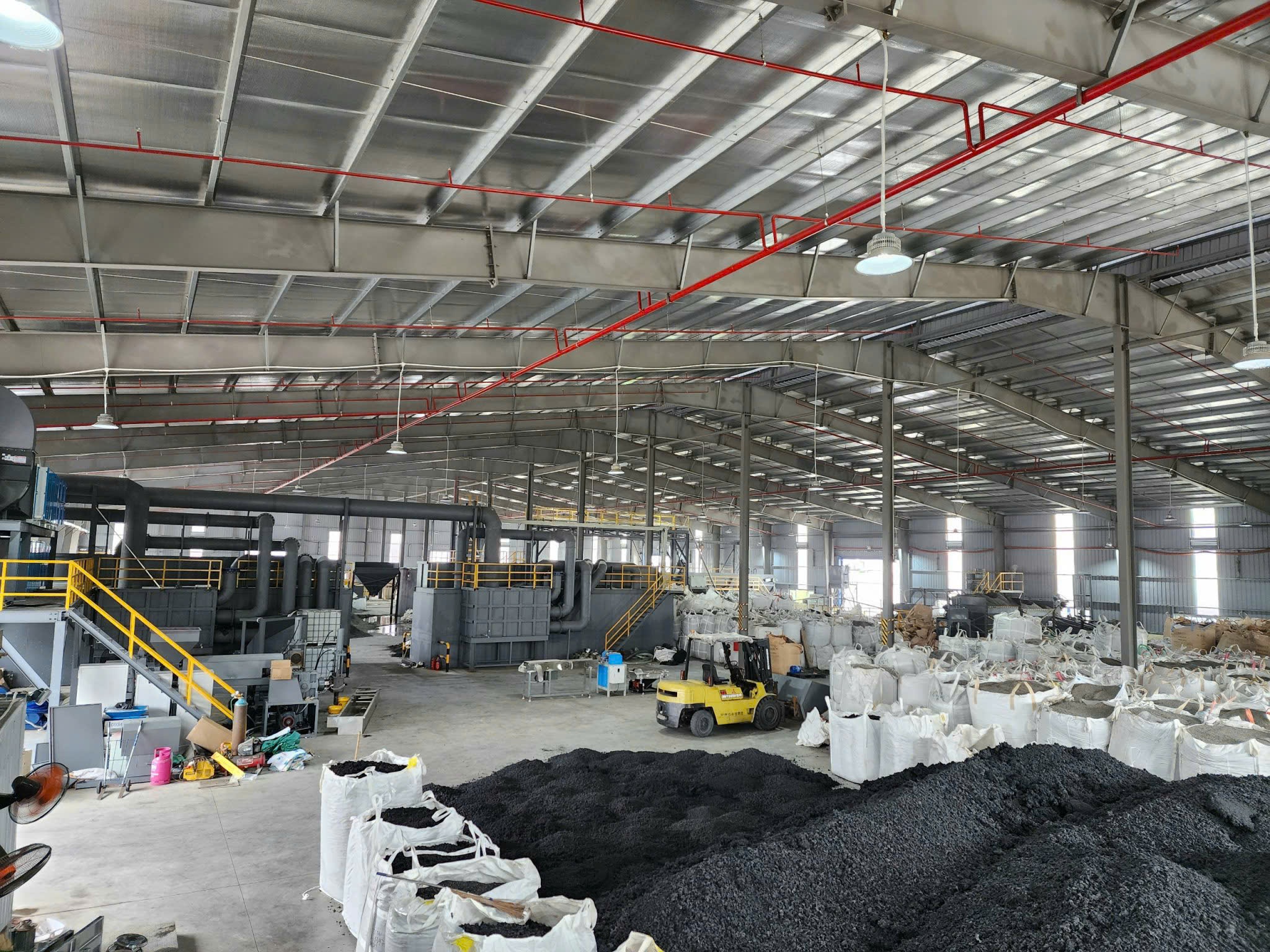
TAELIM plastic team strictly adheres to customer requirements, providing accurate and effective solutions. Our implementation team provides dedicated, reliable and tailored service to each customer's needs.
ADDRESS: SH109 Vinhomes Marina, Hai Phong
PHONE: (+84) 9815 888 16
EMAIL: hatnhua.taelim@gmail.com
